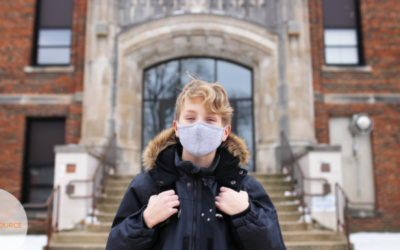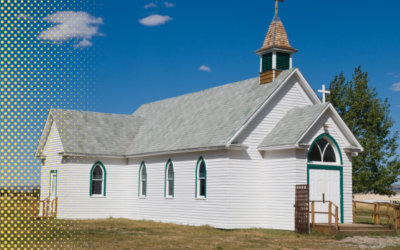“Well, that’s not what you posted on Facebook.”
“I’m glad you thought the youth event was great, but I had to delete your post on the Youth Group pictures because of your language.”
“I need to talk to you about a conversation I saw on Facebook.”
All these are words I never imagined having to speak when I was studying to be a DCE at Concordia. I was nearing the end of my college years when the social networking sites began their boom. Even in the first few years of ministry, few if any youth had profiles on MySpace or Facebook. Today, however, Facebook is the primary way many of my students communicate with one another outside of school, and students as young as eight and nine have active profiles. Their whole lives are up on these sites, and they are a huge social force for all our middle school and high school youth.
I have spent more time this past school year dealing with social networking related issues than I ever have before. Smaller disagreements at school have a tendency to grow teeth and claws when they spill out into Facebook. It is not uncommon for a single inflammatory status to incite everyone who is online into a digital brawl. I’ve had students give me one story, and then post a contradictory one on their profile completely forgetting that I can see exactly what they are writing. In many cases I am at a complete loss as to how to stop or deal with many of these issues. There is a part of me that recognizes I have no more right to interfere in these issues than I do if these teens were any other public place. However, I cannot stand idly by as many have and watch as good students get hurt by the words and activities of their peers on these sites.
There has been a great deal of media attention given to a middle school principal in Ridgewood, New Jersey, who sent an email blast to his parents last week urging them to take down their children’s social networking profiles. “There is absolutely no reason for any middle school student to be a part of a social networking site!” he wrote. “Let me repeat that – there is absolutely, positively no reason for any middle school student to be a part of a social networking site!” In his email, Principal Anthony Orsini said the greatest threat to middle school students on these sites is not adult predators, but the psychological damage of peer cruelty. He states that one of his guidance counselors now spends 75% of her time dealing with social networking related incidents, and that sites like Formspring have only made the problem worse. While Facebook formally bans all those under 13 from using their site, it is not uncommon for students much younger than 13 to have profiles. In recent years several teen suicides have been blamed on traumatizing communication posted on Facebook, MySpace, and other social networking sites. (To read more about teen online bullying go to Hannah’s post here.)
At what age is it appropriate for tweens to join social networking sites? Should there be a stronger enforcement of age restrictions? Should we all join Principal Orsini’s call to get rid of middle school profiles? Or is there another answer to this issue? It is clear social networking sites are here to stay. If they are going to be around for a long time, we should formulate a comprehensive way of dealing with how tweens and teens behave on these sites. Just as we have policies and procedures to deal with bullying in our youth groups and schools, we should have policies dealing with social networking issues. My first line of defense has always been going directly to my students. Often, a gentle reminder to the teens that I can see them is enough for them to temporarily change their behavior. In more extreme cases, I have started saving screen shots of posts that I think are particularly troublesome and printing them out for parents. Most parents do not have access to their child’s profile and having a hard copy to give them seems to make the issue more concrete.
These issues are not going to go away. We need to talk, share, and find the best practices in dealing with social networking sites. Maybe we need to start a Facebook group….









0 Comments